FAQs
How can we trust the City of St. Paul to use this responsibly?
Administrative Citations give us a more equitable, effective, and community-shaped tool to enforce our ordinances. Before they can be used for any ordinance, the City Council must hold three public meetings — ensuring residents help decide what violations are covered, that fines are set at reasonable levels, and that there’s both an appeals process and an “ability to pay” option for anyone facing hardship.
There’s also strong oversight. The City Council created a legislative advisory committee to ensure equitable implementation of Administrative Citations. Both City Council and City staff have also stated that any fees collected from Administrative Citations will not flow back into the issuing department’s budget — removing any incentive to overuse them. And if you do get a citation, you’re guaranteed due process: the right to appeal, present evidence, and be represented.
Administrative Citations build on the City’s strong commitment to economic justice. We’ve already gone fine-free in libraries, led the way on fee relief during the pandemic, and earned national recognition for fines and fee equity. Administrative Citations are an extension of this equity work, reducing our City’s reliance on the criminal system while finally giving us the power to hold predatory landlords and bad actors accountable.
How does the City of St. Paul currently enforce our ordinances?
Right now, St. Paul has only two tools for enforcing our ordinances: a sternly worded letter that’s easy to ignore — or jumping straight to criminal court. For everyday folks, criminal citations are often far too heavy-handed. For out-of-state corporations and wealthy bad actors, the criminal process is easy to stall. Their lawyers can drag it out for years — costing St. Paul residents time and money — all while avoiding any real financial penalty for breaking the law. Too often, these bad actors just ignore violation notices altogether, knowing there won’t be consequences.
Administrative Citations would change that. They give us a way to hold predatory bosses, negligent landlords, and corporate giants accountable in the language they understand best: money.
Why wasn’t Administrative Citations included in the City’s Charter in the first place?
As best we can tell, it was a simple oversight. The original Charter Commission formed in 1929 neglected to include this important accountability tool.
Didn’t we already pass Administrative Citations as a city? Why do we have to do it again?
You have a great memory! In October of 2024, the St. Paul City Council asked the St. Paul Charter Commission to amend the City Charter and give St. Paul the ability to use Administrative Citations to enforce our ordinances. In December of 2024, the Charter Commission voted to recommend the City Council pass administrative citations. In January 2025, the City Council voted unanimously in favor — with Mayor Carter’s support.
But then, a small, vocal group determined to protect a status quo where corporate landlords and employers face no real accountability gathered enough signatures to force Administrative Citations back onto the ballot this November.
Their position is simple: if renters, workers, or residents want their rights enforced, they should hire a lawyer. But in St. Paul, we believe no one should need money for a lawyer just to exercise their basic rights.
I’ve gotten a parking ticket in St. Paul before, or fined for not shoveling my sidewalk. What do you mean the City of St. Paul isn’t able to issue fines?
The City can issue some fines — like parking tickets or sidewalk shoveling violations — but only in limited ways. Parking tickets can be issued by the St. Paul Police Department because the state granted the City permission to do that. And fines for things like overflowing dumpsters or unshoveled sidewalks come through a process called “summary abatement,” which just charges people for the cost of the City coming to clean it up.
So while everyday people may already receive fines from the City in these two scenarios, the City can’t currently issue financial penalties to big bad actors — like corporate landlords, wage-stealing employers, or national chains that violate our laws. That’s where Administrative Citations come in. They’d give the City the power to hold these bigger players accountable — by hitting them where it hurts: their wallets.
How will the City decide how much to charge with Administrative Citations for various ordinance violations?
For each ordinance, the City Council needs to define, through their typical three meeting process, exactly what Administrative Citations will be charged for what violations. This means that City Staff and the City Council will come up with a plan and there will be a public notification about this, a public hearing, and then a vote by the City Council. This process gives residents the opportunity to weigh in on the proposed Administrative Citations.
